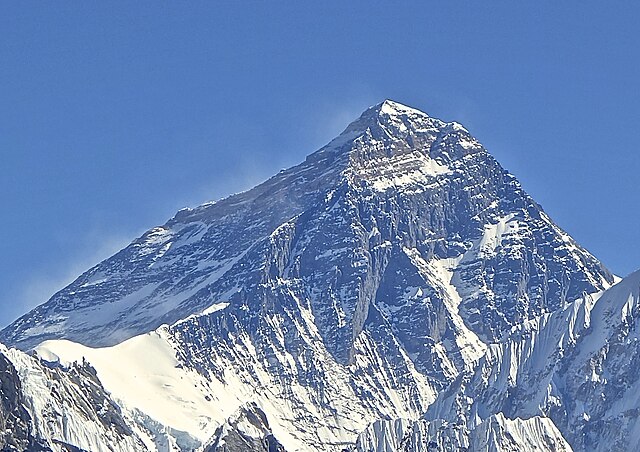HIST5706f Digital History, Fall 2024 @ Carleton U

Why? Because it’s there!
Also: because it’s a great visual metaphor for learning digital history. I’m nothing if not subtle.
Introduction
most recent update: August 20 2024
Magdalen College Cambridge holds the archive of the explorer George Mallory. We are going to work with this body of materials to learn various tools and techniques of digital history.
I am starting a project on the archaeology of Mount Everest, and so I am using this course to not only give you an opportunity to work with a bounded, interesting, corpus of historical documents but also to kick start my application process to SSHRC. I will be workshopping some of my application materials with you at some point.
There are a variety of flavours of digital history; I tend to categorize them by the eventual aims of the investigator.
- There is a digital history meant as preservation and access: aspects of digitization, data management, metadata.
- There is a digital history meant as public story telling
- There is a digital history as history influenced by quantification and analytics.
I confess, I tend more towards the third option in my own work. But I also sometimes get creative; I do work in data sonification for instance. If you want some guidance for that side of things, just let me know.
My goals are several:
- for you to identify which lens interests you most
- develop foundational abilities for pursuing those interests
- develop a professional online persona on a digital space that you control
I expect you to fail gloriously, which is to say: digital work is frustrating and things often don’t work the way you want them to. To ‘fail gloriously’ is to be open about what has not worked so that your colleagues can learn from your experience.
Stuff isn’t going to work. It’s just the way it is. Digital approaches are replete with tacit assumptions and things-left-unsaid. There are generational aspects at play, too. Those of us who came of age in different eras of digital tech - the home computer boom of the ’80s, the early web of the ’90s, etc etc - were exposed to different ways of thinking about what computers/digital techs were for and how best to use them. This will mean that I will make assumptions about your starting proficiencies which may or may not be warranted.
I expect you to call me on this. After all, how else can we learn?
Therefore, we will begin with this corpus of material of this Edwardian man, this product of Empire, this veteran of WWI, this colonial explorer. We will develop our skills through digital manipulation of his papers and letters (some of which were found on his body in 1999 when it was discovered on Mt. Everest.)
How class meetings will work
In general, each week one of you will take us through your exploration of the materials. You will have chosen a particular Programming Historian tutorial from the schedule and completed it. Your goal will be to explain to us the information left tacit in the tutorial. Tells us where you got stuck. Tell us how you solved the problem. Tell us how what you learned sheds new light on Mallory and his world. Tell us how what you learned might be useful for your own research (whether for your eventual thesis/MRE or in other classes). You will reflect on how this tutorial intersects with your other courses, your own research, and indeed, the few readings that I will provide you (I expect you to follow through links to bibliography and so on in the Programming Historian tutorials and to bring those to bear in the conversation). If you are not leading the post-mortem, I still expect you to be familiar with the tutorial, the associated links and so on so that we can have a productive conversation.
Things you’ll produce
- a lab notebook with all the things in it that Future You will need down the road when it comes time to do your MRE, filled as it will be with digital awesomeness
- a guided session for your peers on the ins and outs of a particular digital method
- an experiment in digital history you have designed, using Mallory’s materials as your source information
- an unessay where you tell me about the issues that emerged in the experiment that don’t actually go in the reporting on the experiment
Colophon
I’ve taught varieties of this course over the years. The most recent version was fully online, asynchronous, and exhausting. I wrote several support documents for that course. You might find those documents useful, if slightly out-of-date. I repeat - I have not updated those docs for broken links or changing approaches. Nevertheless, they might help round out your understanding, so I encourage you to use them in tandem with the Programming Historian. You can start here but nb anything else on that site like eg assessment, schedule etc is from 2021!